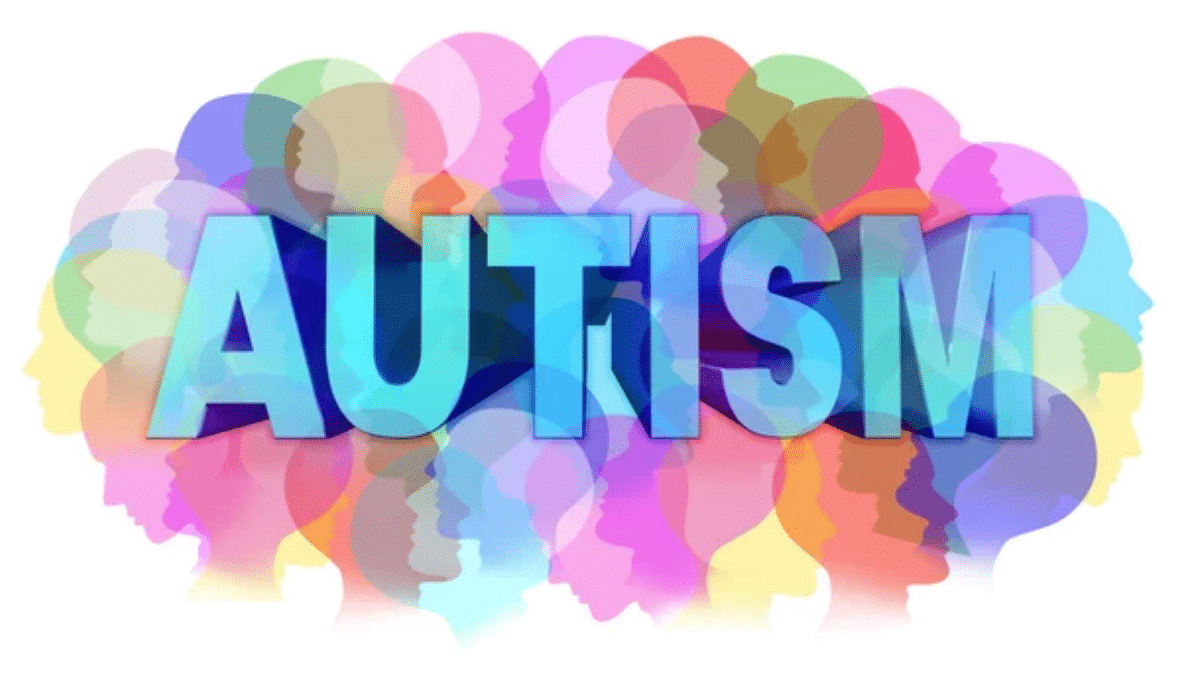
Unveiling the World of High-Functioning Autism: Embracing Neurodiversity
Autism Spectrum Disorder (ASD) is a vast spectrum that encompasses a diverse range of individuals with unique strengths and challenges. Among the various classifications within ASD, high-functioning autism stands as a distinct and often misunderstood category. In this blog post, we will explore the fascinating world of high-functioning autism, shedding light on its characteristics, challenges, and the importance of embracing neurodiversity.
Understanding High-Functioning Autism
High-functioning autism refers to individuals on the autism spectrum who have average or above-average intellectual abilities, often accompanied by strong language skills. These individuals exhibit fewer impairments in cognitive and language development compared to their counterparts with more severe forms of autism.
Characteristics and Strengths
1. Cognitive Abilities: People with high-functioning autism often possess exceptional cognitive abilities, demonstrating advanced problem-solving skills, attention to detail, and analytical thinking. They may exhibit a deep interest in specific subjects or areas of knowledge, and their ability to focus intensely can lead to remarkable achievements in academic pursuits.
2. Intense Focus and Attention to Detail: Many individuals with high-functioning autism have a remarkable ability to concentrate on specific tasks or areas of interest. This intense focus often allows them to excel in fields that require precision, such as mathematics, computer programming, or scientific research.
3. Specialized Knowledge and Memory: People with high-functioning autism often develop a remarkable depth of knowledge in their areas of interest. Their ability to retain and recall detailed information can be extraordinary, transforming them into experts in their chosen fields.
4. Creativity and Original Thinking: Although commonly associated with logical and analytical thinking, individuals with high-functioning autism also exhibit unique creative abilities. Their unconventional thought processes can lead to innovative problem-solving strategies, artistic expression, and alternative perspectives on various subjects.
Challenges and Support
1. Social Interaction: Difficulties in social interaction and communication are a hallmark of autism spectrum disorders. While individuals with high-functioning autism may have better language skills, they often struggle with nonverbal cues, reciprocal conversation, and understanding abstract or ambiguous language. Social situations that involve unwritten rules or subtle nuances can be particularly challenging.
2. Sensory Sensitivities: Many individuals with high-functioning autism experience sensory sensitivities, such as heightened sensitivity to light, sound, touch, or certain textures. These sensitivities can result in sensory overload, leading to anxiety or discomfort in certain environments.
3. Executive Functioning: Executive functioning encompasses skills like planning, organization, time management, and flexible thinking. Individuals with high-functioning autism may face difficulties in these areas, making it challenging to navigate daily tasks, manage time effectively, and adapt to unexpected changes.
4. Emotional Regulation: Emotional regulation can be challenging for individuals with high-functioning autism. They may experience difficulties in recognizing and expressing their own emotions, as well as interpreting the emotions of others. This can lead to difficulties in forming and maintaining interpersonal relationships.
Embracing Neurodiversity and Inclusion
Embracing neurodiversity entails recognizing and valuing the unique strengths and perspectives of individuals with high-functioning autism. By fostering a culture of acceptance and inclusivity, we can create an environment that allows individuals with high-functioning autism to thrive. Here are a few key points to consider:
1. Education and Awareness: Raising awareness about high-functioning autism is crucial in dispelling stereotypes and promoting understanding. Educating the public, including educators, employers, and community members, about the characteristics and challenges faced by individuals with high-functioning autism can help create a more inclusive society.
2. Supportive Environments: Creating supportive environments involves implementing strategies and accommodations to help individuals with high-functioning autism succeed. This
may include providing clear instructions, visual aids, designated quiet spaces, and opportunities for structured social interactions.
3. Strength-Based Approach: Recognizing and nurturing the strengths and talents of individuals with high-functioning autism is vital. Focusing on their unique abilities can boost self-esteem, improve motivation, and empower them to reach their full potential.
4. Collaboration and Employment Opportunities: Encouraging collaboration between neurodiverse individuals and organizations can lead to diverse perspectives, innovative solutions, and enhanced creativity. Employers can promote inclusivity by providing reasonable workplace accommodations and fostering an environment that values diversity.
In summary, high-functioning autism represents a unique aspect of neurodiversity, where individuals possess exceptional cognitive abilities, creative thinking, and specialized knowledge. While they face challenges in social interaction, sensory sensitivities, and executive functioning, embracing neurodiversity and promoting inclusion can unlock their vast potential. By understanding and accommodating the specific needs of individuals with high-functioning autism, we can build a more inclusive society that celebrates and harnesses the diverse talents of all its members.
Harsha Autism Centers provide ongoing care for children, adolescents, and young adults (ages 2-22) with autism to improve the quality of their lives. If you would like learn more about how Harsha Autism Centers can help please contact us at info@harshaautism.com or call (812) 233-8833.



